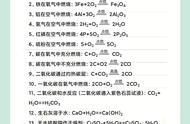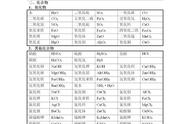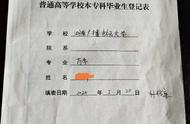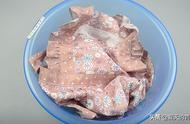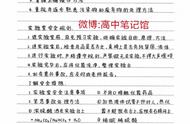
Little New Year falls on Feb 2 this year. [Photo/sipaphoto.com]
Little New Year (Chinese: Xiaonian), usually a week before the lunar New Year, falls on Feb 2 this year. It is also known as the Festival of the Kitchen God, the deity who oversees the moral character of each household.小年通常在春节前一周,今年是2月2日。小年也被称为灶神节,灶神是监督各家各户德行的神灵。
Offer sacrifices to Kitchen God 祭祀灶神
In one of the most distinctive traditions of the Little New Year is the burning of a paper image of the Kitchen God, dispatching the god's spirit to Heaven to report on the family's conduct over the past year. The Kitchen God is then welcomed back to the home through the pasting of a new paper image of him beside the stove. From this vantage point, the Kitchen God will oversee and protect the household for another year.小年最独特的传统之一是烧灶神像,送灶神的灵魂上天庭汇报这家人在过去一年中的作为。之后,人们在炉灶旁张贴新的灶神像,迎接灶神归来。接下来一年,灶神会在这里监督并保护这家人。
The offerings to the Kitchen God include pig's head, fish, sweet bean paste, melons, fruit, boiled dumplings, barley sugar, and Guandong candy.由于灶神和供奉灶神的供品包括猪头、鱼、甜豆沙、瓜果、饺子、大麦糖和关东糖。

Two children do the cleaning. [Photo/sipaphoto.com]
House cleaning 扫尘
Between Laba Festival, on the eighth day of the last lunar month, and Little New Year, on the twenty-third day, families throughout China undertake a thorough house cleaning, sweeping out the old in preparation for the New Year.从腊月初八腊八节到腊月二十三小年期间,家家户户都会进行一次彻底的房屋大扫除,扫除旧物,为新年做准备。

Guandong candy. [Photo/sipaphoto.com]
Eat Guandong candy 吃关东糖
Guandong candy, a sticky treat made out of glutinous millet and sprouted wheat, is a traditional snack that Chinese people eat on the Festival of the Kitchen God.关东糖是一种用黄米和麦芽做成的粘性食品,是中国人在灶神节吃的传统小吃。

Two children learn how to do paper-cuts. [Photo/sipaphoto.com]
Paste paper-cuts to windows 贴窗花
In the Little New Year, old couplets and paper-cuts from the previous Spring Festival are taken down, and new window decorations, New Year's posters, and auspicious decorations are pasted up.到了小年,上一年春节的旧对联和剪纸都要取下来,贴上新的窗花、年画和吉祥的装饰物。

A senior citizen has a haircut. [Photo/sipaphoto.com]
Bath and hair-cut 洗澡理发
As the old Chinese saying goes, whether they're rich or poor, people often have a haircut before the Spring Festival. The activity of taking bath and haircut is often taken on the Little New Year.中国有句老话:有钱没钱,剃头过年。人们通常在小年这天洗澡理发。

Food for Spring Festival.
Preparations for Spring Festival 备年货
People start to stock up necessary provisions for the Spring Festival since the Little New Year. Everything needed to make offerings to the ancestors, entertain guests, and feed the family over the long holiday must be purchased in advance.从小年开始,人们就开始为春节储备必需品。在长假期间祭祀祖先、招待客人和家庭所需的一切物品都必须提前购买。
A Spring Festival shopping list includes items such as meat, poultry and eggs, fruit and vegetables, rice and flour, cigarettes, alcohol, sugar, and tea, red paper, images of the Kitchen God. Incense and candles, snacks, new calendars, and toys must also be purchased. Not to be forgotten are new clothes for children and firecrackers to welcome in the New Year.春节年货清单包括肉、家禽、蛋、水果蔬菜、大米面粉、烟酒糖茶、红纸和灶神像等物品。香烛、零食、新日历和玩具也必不可少。孩子们的新衣服和迎接新年的鞭炮也不能忘记。
英文来源:中国日报网
编辑:董静
来源:中国日报网


